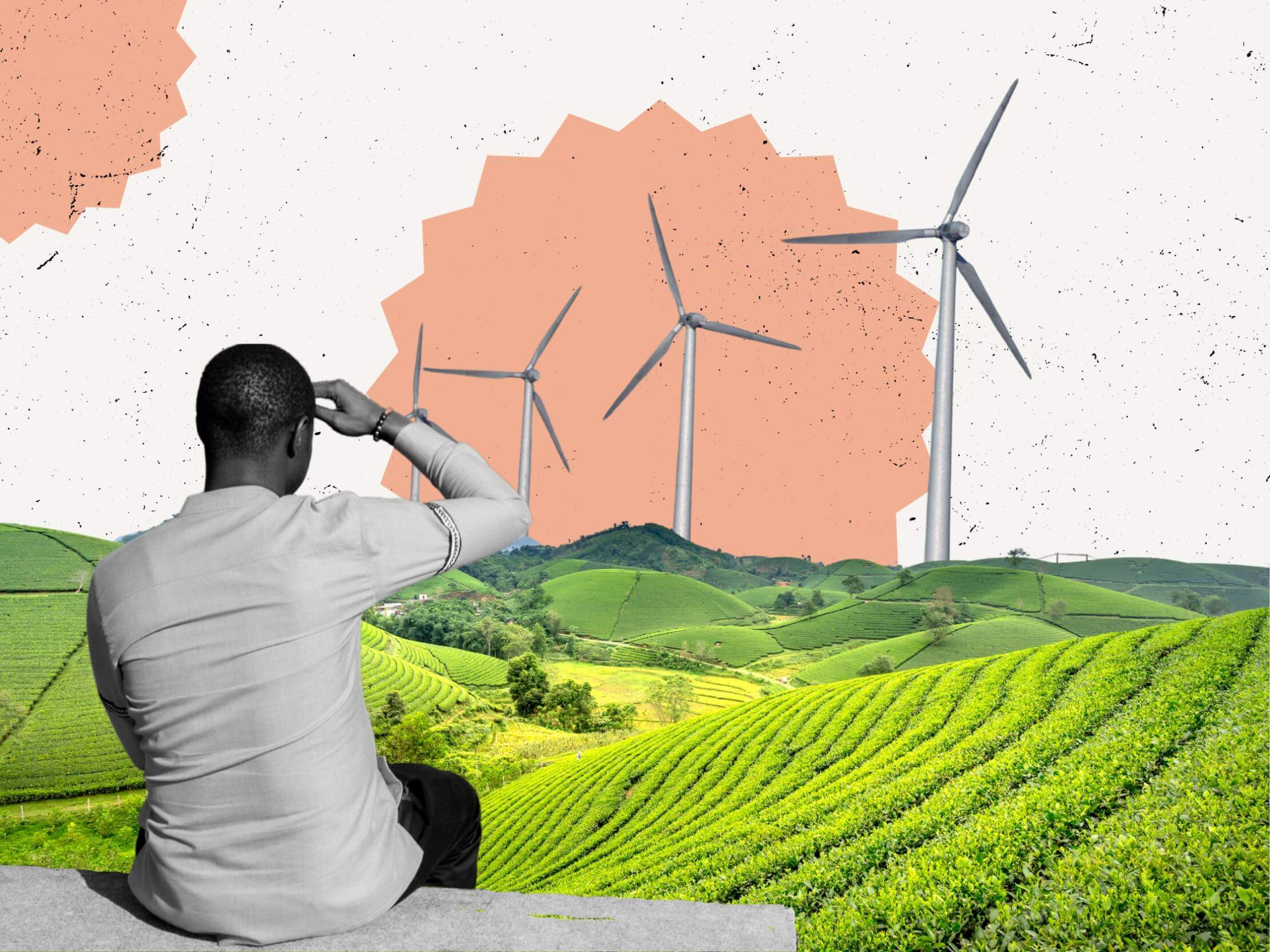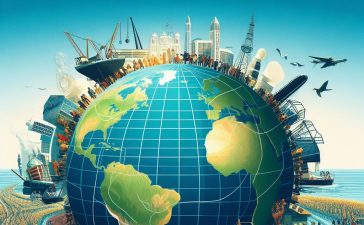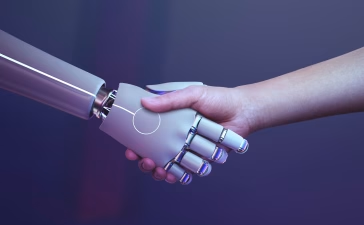The relationship between society and industry has always been intertwined, but in the 21st century, the pace of change is accelerating at an unprecedented rate. Technological innovations, environmental challenges, shifting labor markets, and evolving consumer expectations are reshaping the way industries operate and how societies function. This interplay is not only redefining economies but also raising crucial questions about equity, sustainability, and the human experience in a globalized world.
This article explores the dynamic connection between society and industry, highlighting the major trends driving transformation and the opportunities and challenges they present for the future.
The Fourth Industrial Revolution and Its Social Impact
The term Fourth Industrial Revolution describes the fusion of technologies that blur the lines between physical, digital, and biological spheres. Unlike previous industrial revolutions, which were driven by mechanization, electricity, and computing, today’s revolution is characterized by artificial intelligence (AI), robotics, biotechnology, and automation.
While these advancements promise efficiency, productivity, and new economic opportunities, they also pose significant challenges. For instance, automation could replace millions of jobs in manufacturing, retail, and logistics. According to some estimates, nearly half of all current work activities could be automated by 2050. This transition forces societies to confront pressing questions: How do we retrain workers? What role should governments play in protecting livelihoods? And how do we ensure that technological progress benefits everyone, not just a select few?
At the same time, new industries are emerging around clean energy, digital platforms, and healthcare innovation, offering opportunities for growth and social progress. The challenge lies in managing this transition equitably.
Globalization and the Shifting Industrial Landscape
Globalization has long connected industries across borders, but in recent years, its future has come into question. Supply chain disruptions caused by the COVID-19 pandemic revealed the vulnerabilities of global dependence on certain regions for critical goods, such as semiconductors, medical supplies, and energy resources.
As a result, many industries are shifting toward regionalization or nearshoring—bringing production closer to home. This trend has societal implications as it reshapes labor markets and economic structures. Countries that once served as low-cost manufacturing hubs may face declining demand, while industrialized nations could experience a revival of domestic production.
Societies will need to adapt to these structural changes. For workers, this may mean opportunities for higher-skilled manufacturing jobs, but also the need for reskilling. For consumers, it may result in higher prices but potentially more sustainable and resilient supply chains.

Industry’s Role in Environmental Sustainability
One of the most pressing intersections between society and industry is the issue of environmental sustainability. Industrial activities—particularly in energy, transportation, and manufacturing—are the leading contributors to greenhouse gas emissions and environmental degradation. Society is increasingly demanding accountability from corporations, governments, and institutions to address climate change and protect natural resources.
The rise of green industries is evidence of this shift. Renewable energy, electric vehicles, and sustainable packaging are no longer niche markets but mainstream priorities. Consumers are willing to support eco-friendly brands, while governments are implementing stricter regulations and offering incentives for sustainable practices.
For industries, the transition to greener operations is both a challenge and an opportunity. While it requires significant investment in research, infrastructure, and compliance, it also opens new markets and enhances brand reputation. Ultimately, industries that embrace sustainability will not only meet societal expectations but also ensure their long-term survival.
The Future of Work and Human Capital
Perhaps no issue better illustrates the intersection of society and industry than the future of work. As industries adopt automation, artificial intelligence, and digital platforms, the nature of employment is shifting dramatically. Traditional career paths are giving way to gig work, freelance arrangements, and hybrid models that blend remote and on-site roles.
This shift offers flexibility and autonomy for workers but also raises concerns about job security, benefits, and income stability. For society, the challenge is to strike a balance between innovation and worker protection. Universal basic income, reskilling programs, and policies that address digital labor rights are being debated as potential solutions.
Moreover, the definition of work itself is evolving. Beyond financial compensation, workers are increasingly seeking purpose, flexibility, and work-life balance. Industries that adapt to these changing values by fostering inclusive cultures and prioritizing employee well-being are more likely to thrive in the long run.
Industry 5.0: Collaboration Between Humans and Machines
While Industry 4.0 emphasizes automation and efficiency, the emerging concept of Industry 5.0 shifts the focus to collaboration between humans and technology. Instead of replacing workers, machines will augment human skills, allowing people to engage in more creative, strategic, and socially valuable tasks.
For society, this model has profound implications. It envisions a world where technology empowers individuals rather than displacing them. In healthcare, for example, AI can analyze vast data sets, while doctors focus on patient care and decision-making. In manufacturing, robots may handle repetitive tasks, leaving humans to focus on innovation and customization.
This collaborative future depends on education systems that prepare workers for new roles, industries that invest in upskilling, and policies that ensure equitable access to opportunities.
Ethical and Social Responsibility in Industry
As industries gain more influence, their responsibility to society has expanded beyond economic performance. Consumers and communities now expect companies to act ethically, respect human rights, and contribute to social well-being. This has given rise to corporate social responsibility (CSR) and environmental, social, and governance (ESG) frameworks, which measure companies not just by profit but also by their impact on people and the planet.
Socially responsible industries are those that ensure fair labor practices, promote diversity and inclusion, and engage in transparent governance. Failure to meet these expectations can result in reputational damage, consumer boycotts, and even legal consequences. On the other hand, industries that prioritize ethical behavior often enjoy stronger consumer loyalty and attract top talent.
Digital Society and Industrial Transformation
Digital technology is not just transforming industries—it is reshaping society itself. Social media platforms influence public opinion and consumer behavior. E-commerce is redefining retail industries. Online education platforms are democratizing access to knowledge while challenging traditional institutions.
This digital transformation creates opportunities for innovation but also raises societal concerns about privacy, misinformation, and inequality. Not everyone has equal access to digital tools, creating a digital divide that risks excluding vulnerable populations from the benefits of modern industry. Addressing these gaps is essential for ensuring that digital progress supports social equity rather than widening disparities.
Conclusion: Building a Balanced Future
The interplay between society and industry is one of the defining dynamics of our era. Industries drive economic growth, technological progress, and innovation, while society shapes the values, regulations, and expectations that guide their evolution. Today, this relationship is being tested by rapid technological change, environmental challenges, and shifting social values.
To navigate these transformations, collaboration is key. Governments must create policies that balance innovation with social protection. Industries must embrace ethical practices, sustainability, and inclusivity. Individuals must adapt by continuously learning and engaging with new opportunities.
The ultimate goal is to build a future where industrial progress aligns with societal well-being—where innovation enhances human life rather than diminishes it, and where economic growth is achieved without sacrificing social equity or environmental sustainability.
The 21st century offers immense potential for progress at the intersection of society and industry. The challenge before us is to ensure that this progress serves humanity as a whole.
















